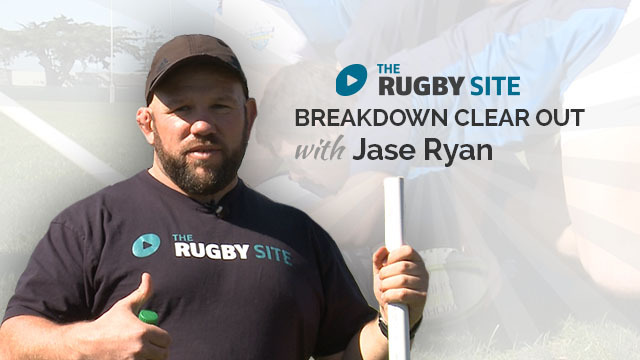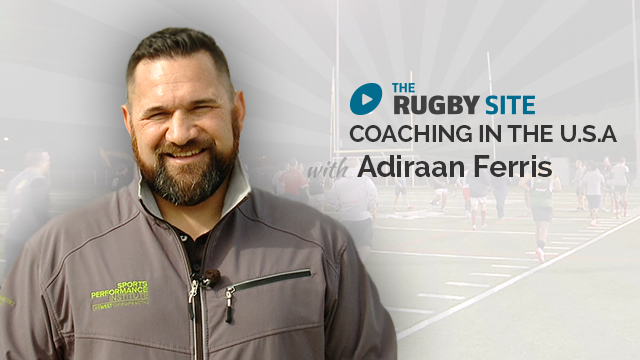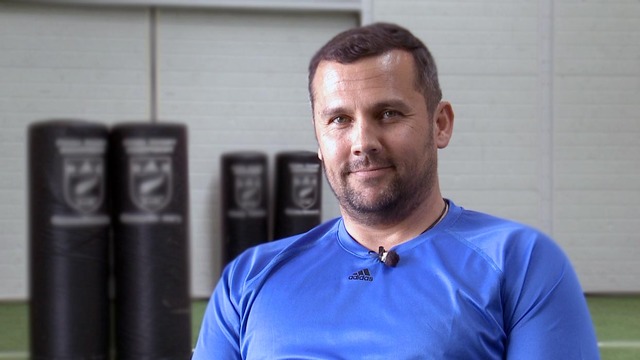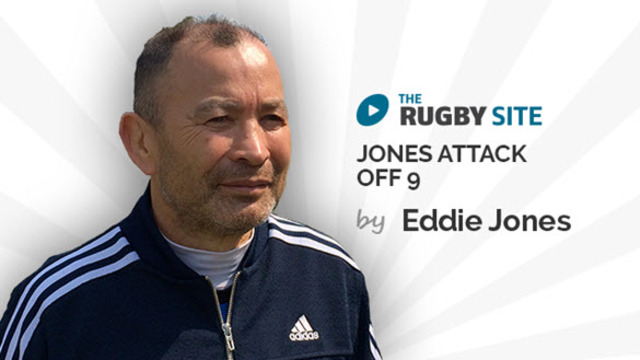Ever seen a kid rush into a sports shop to buy a cone?
Russell Earnshaw smiles as he recalls a tweet that recently caught his eye.
As part of the England U18s coaching team and a key figure in the development of players and coaches, he can certainly relate to the light-hearted condemnation of certain coaching methods.
Working alongside head coach John Fletcher and Peter Walton, Earnshaw is on a mission to equip English rugby’s brightest talents with an unrivalled skill set and give them both the freedom to express themselves and the confidence to execute in any given scenario.
“I was climbing trees with my daughter the other day and I took a photo as I thought it was a great example of a good learning environment,” explained Earnshaw.“I was helping her up a bit, she was pushing her boundaries to see how much higher she could get and she wanted to do it. But that’s kind of gone, sport is so much more structured these days, we feel the need to put cones out. I even see people who put cones on lines and I say to myself ‘but there’s a line there?”
“Eventually kids become reliant on it, these adult-imposed rules, so I will always make it as playful as possible.”
Earnshaw is determined to free his players from such shackles and is adamant that lessons can be taken from ‘playground behaviour’ where children will happily and speedily solve problems themselves without adult providing all the answers.
This skill forms an integral part of the CARDS approach to coaching that identifies what are considered the most important skills for the players in the England ‘performance pathway’, a development journey that it is hoped will end with Test honours.
Those players on the ‘pathway’ are urged to place emphasis on a series of skills that it is feared may have been ‘coached out’ of them up until this point – Creativity, Awareness, Resilience, Decision making and Self awareness.
CARDS has formed the basis of their approach for several years and been billed by some as key to England’s success at age group level but Earnshaw insists there is more to it.
“I think there are some important skills that our players clearly require,” he said, “but there are other skills like deception and anticipation that might also fit in."
“I think it is probably us just raising awareness of the fact that potentially we might have a generation of kids for whom some of this stuff is not necessarily natural.”
Earnshaw also believes that the next generation may also be lacking the kind of ‘resilience’ required to thrive at the top level of the game.
“I speak to a lot of other sports about this how we are impacting on their ability to deal with pressure,” said Earnshaw.
“Mental health and all that stuff is high on everyone’s agenda, so is self-organisation. For example, the way your tray magically disappears because someone cleans it up for you or you go on your phone and it gives you the answer straight away."“How are we allowing them to organise themselves, to solve problems in games?"
“We solve problems for them afterwards and try to let them live it in the moment, we just think these skills are really important and work on how best to coach them.”
Earnshaw is just as eager to learn as he is to coach and that hunger for knowledge has led to some interesting and clearly fruitful friendships.
“I was at Google today,” revealed Earnshaw before detailing how Kirk Vallis, the tech giant’s Global Head of Creativity Capability, introduced him to the dangers of ‘rivers of thinking’.
“It’s a case of doing something one way because you’ve always done it that way,” explained Earnshaw.
“For example, we have to use tackle bags for tackling practice even though it is nothing like a tackle. You would want to get close to make a tackle but a tackle bag prevents you from getting close. We just do what we’ve always done."
“We always have to sit in classrooms. Do we? The teacher always has to be at the front. Do they?"
“I’ve just been to the BRIT School and the teacher isn’t always at the front of the class and people aren’t sat in rows and that’s the best learning environment that I have ever seen, kids dancing around, just running stuff basically."
“You can get trapped in the way you think, so we think about what rules can we break?”
For Earnshaw that can even be simple things like using football or tennis balls instead of rugby balls and head bands instead of bibs. Or it could be more substantial.
“I spoke with British Triathlon and they said they could change the order of events when they train,” said Earnshaw. “Normally the best swimmer would never have to chase, never be in a congested transition zone."
“So in training they changed the events around so they would get used to that skill. If they didn’t change the events around then they would never use that skill. So it is just a case of thinking about what rules can we break to get us out of that thinking.”
It is not only the next generation of players that come under Earnshaw’s guidance with the development of coaches considered equally important in order to keep pace with that of their players.
“We wouldn’t necessarily separate the two,” he explained, “we would have an environment where we are working with them both, because clearly the players need continual support as they grow up.”
Earnshaw emphasises the coaches not only need support – but freedom to fail as that is where key learning comes from.
“I can remember sitting in a meeting thinking, ‘how do you do this?’" said Earnshaw, as he recalled the start of his own coaching journey that began ‘by accident’ at Birmingham and has also included a spell as assistant to Ben Ryan with England 7s.
“I learnt on the job and was lucky enough to have been given plenty of opportunities to make mistakes,” said Earnshaw, who was also a Heineken Cup winner with Bath during his playing days.
“I would recommend everyone goes and coaches 7s, where things change in a second, on and off the pitch, and you’ve got to be adaptable."
“People tend to put 7s coaches and women’s coaches in boxes pretty quickly, along with performance and development, they would tend to think that all these things are separate but I would imagine the best coaches have done bits of everything."
“Wayne Smith, probably the best coach in the world, I would imagine he has coached in all those domains? Why wouldn’t you? It kind of makes sense doesn’t it?”
Earnshaw accepts that England’s approach to development may not make sense to everyone but he welcomes alternative opinions especially when it comes to dealing with the country’s leading academies.
“I wouldn’t want us to be the same,” he stressed. “Exeter are different from Leicester who are different from Worcester. You want people to retain what they are about but at the same time we share lot information and would be in each other’s environments a lot, and coaches share ideas.”
Earnshaw also welcomes different opinions to his own that he believes can help fuel his own development.
“It needs to be challenging, I need to be challenged,” he said. “I have biases around stuff and so its good for me to hang out with Jamie Taylor (Leicester Tigers academy manager) for example, he would challenge my thinking on lots of stuff and I would challenge his, that’s good, that’s better than everyone sitting, nodding their heads and agreeing. None of us are always right.”
However, they are united in their quest to ensure their players are equipped to thrive in the modern game.
“We want to create kids that can do lots of stuff, we want forwards that can kick,” explained Earnshaw, “and there might be some kids this year who will play for their A League team, England U20s and their loan club, so they are in and out of a lot of different environments and often having to wear different hats, so it is about supporting them with that."
“But the reality is we just want them to be the best that they can be as a person and a player. If that means they go on and play in England squads like Marcus Smith or Cameron Redpath, Tom Curry or Nick Isiekwe, or they take a slightly different journey like Levi Douglas at Bath, or they decide that this isn’t for me and I’m going to go and get a job, or go to university, our job is to help them become the best that they can be."
“The game is changing and is certainly going to get quicker, and I think lots of these young players coming through will fit neatly into that, I think the Marcus’, the Cam’s and Ben Earls of this world will change the game and challenge coaches.”

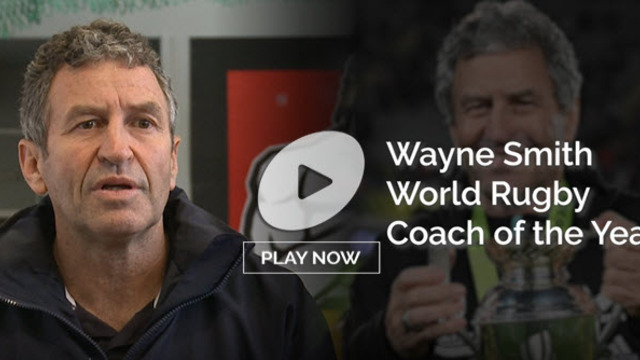
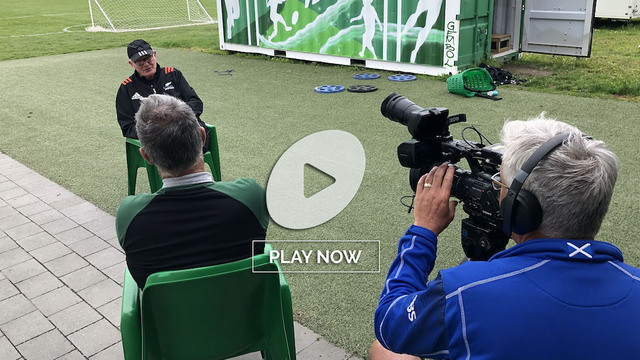
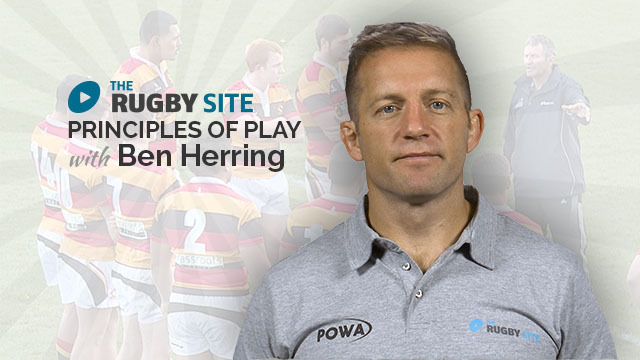
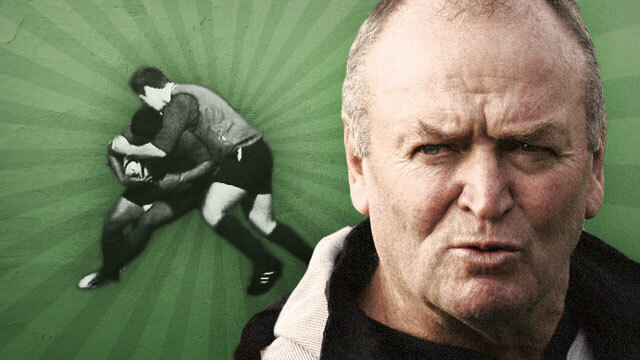
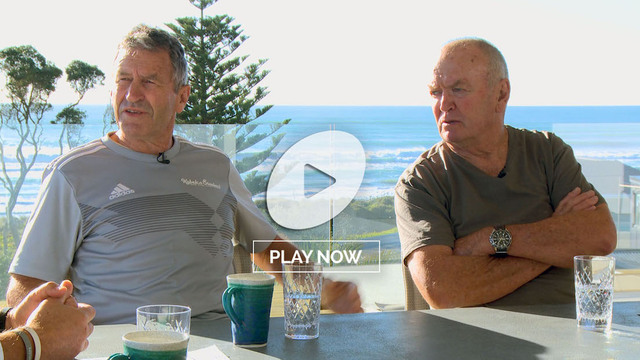
.jpg)
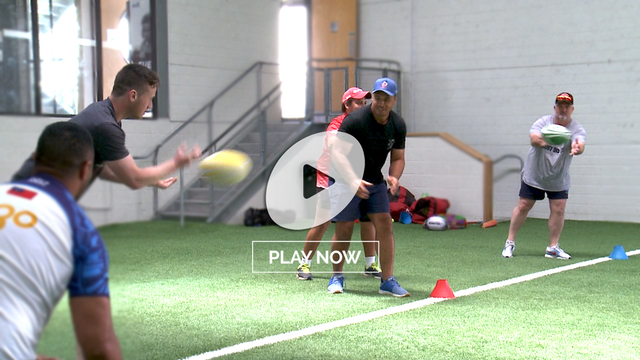
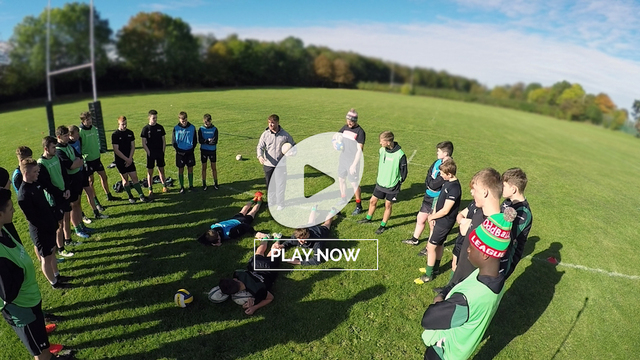
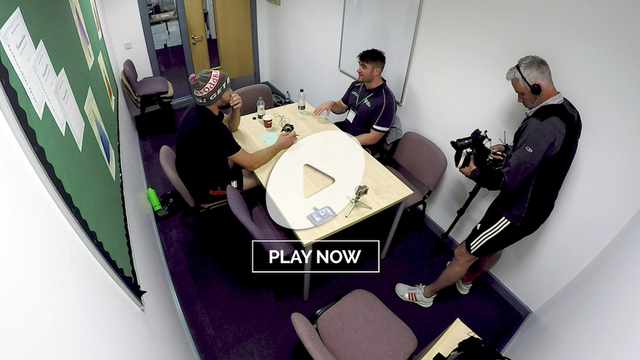
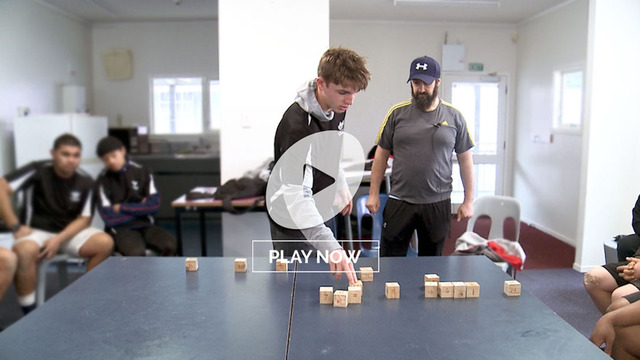
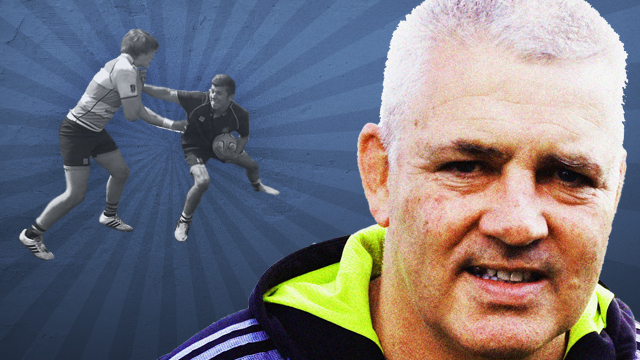
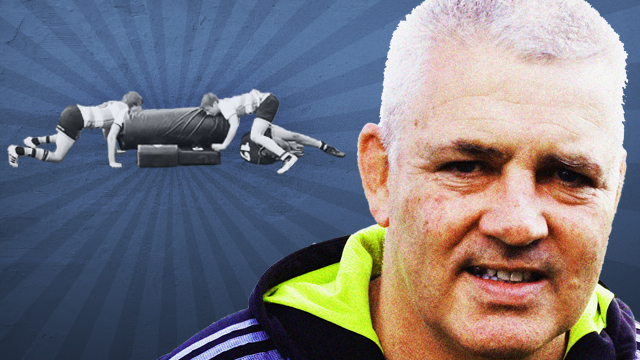
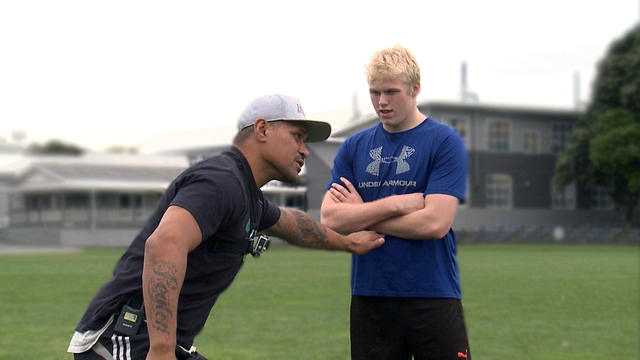
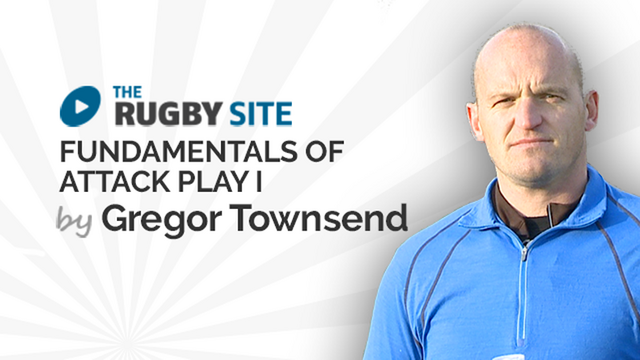
.jpg)
